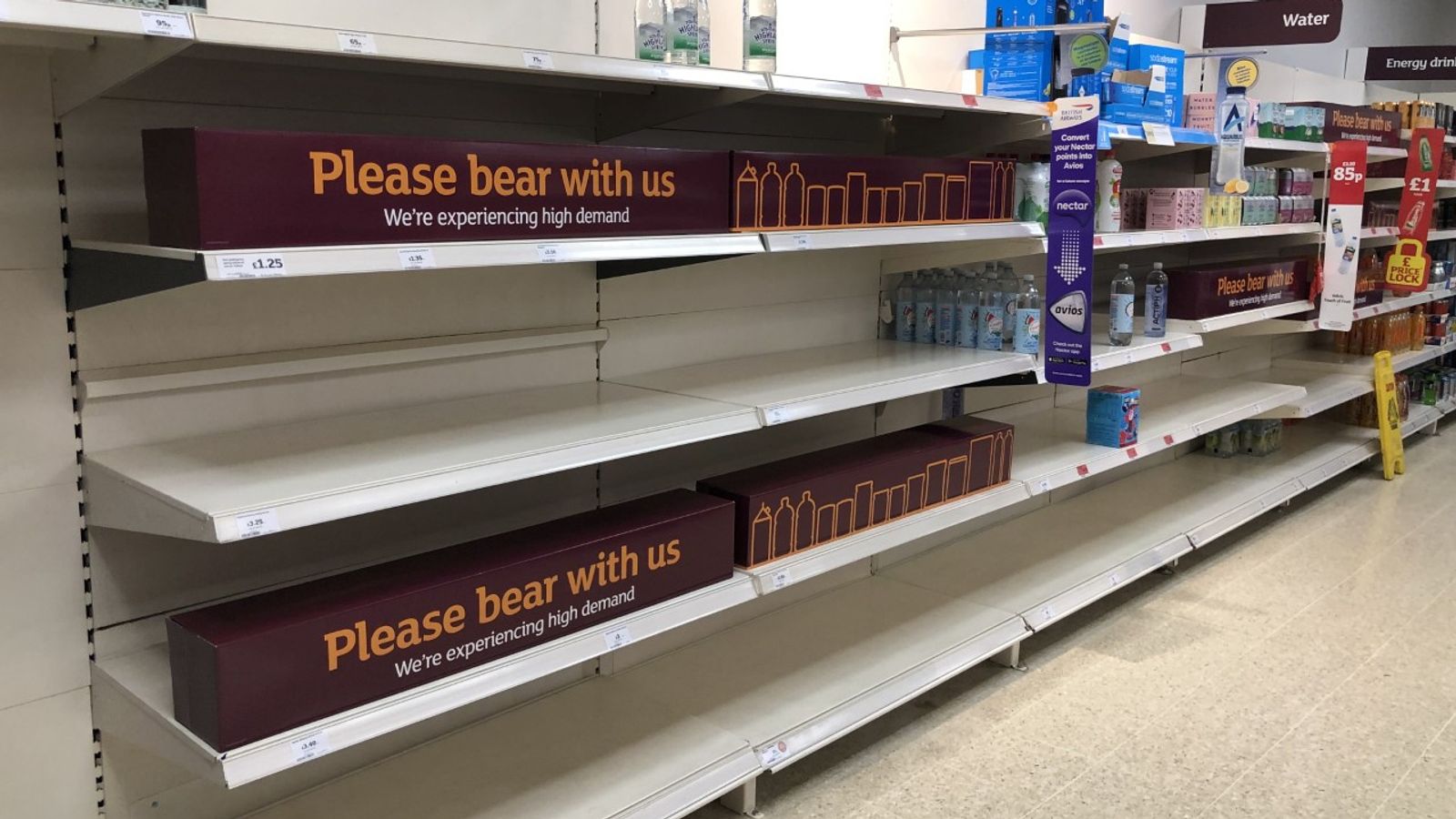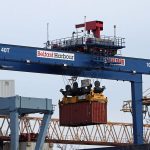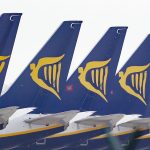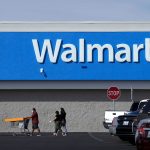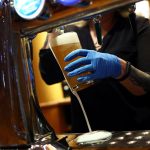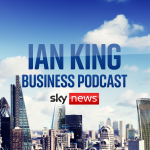If you’ve been to your local supermarket recently and wondered why some shelves look bare, you’re not alone.
The boss of the Co-operative Group, which owns the Co-op retail chain, told a newspaper that current food shortages hitting the country were the worst he had ever seen.
So why is this happening?
This summer, the UK economy has been disrupted by several factors including labour shortages, new immigration rules, and the lingering effects of the pandemic.
A number of large companies have been affected, hitting supplies of everything from McDonald’s milkshakes to medical test tubes.
There is estimated to be a shortfall of around 100,000 drivers – triggered by an exodus of foreign nationals during the pandemic, post-Brexit immigration rules, and self-isolation requirements.
The huge number of driver vacancies has been compounded by more general labour shortages affecting meat packing and fruit picking jobs – jobs previously done by EU nationals – which have impacted stock levels in supermarkets and fast food chains.
The boss of Britain’s poultry industry body has blamed Brexit for the worker shortages which his sector is currently facing.
Richard Griffiths, chief executive of the British Poultry Council, has called on the government to fast track worker visas as the industry faces severe disruptions that have forced major restaurants to adjust or cancel their service.
All of this has been compounded by the summer holidays, when fewer people are working.
And earlier this summer, the manufacturing, hospitality, and retail industries were all hit by the so-called ‘pingdemic’, in which thousands of people were unable to work as a result of being advised, via the NHS COVID-19 app, to self-isolate.
This caused severe disruptions as businesses quickly became short-staffed, but is now less of an issue because the government has exempted those who have received both doses of the COVID-19 vaccine from self-isolating after being notified by the app.
Who has been affected?
• KFC
In a tweet on 11 August, the fast food chain said: “There has been some disruption over the last few weeks, so things may be a little different when you next visit us.”
It warned that some items are not available and packaging “may look a bit different to normal”.
• McDonald’s
McDonald’s was forced to pull milkshakes and bottled drinks from its menu due to supply chain issues.
• Greggs
Greggs said that some products containing chicken were missing from its shelves.
The bakery giant said it was seeing “temporary interruptions” in the supply of some ingredients – though there is no problem with its chicken bake products.
• Subway
Sandwich shop chain Subway has stated it was facing “minor supply chain shortages” which are affecting fresh produce.
• Nando’s
Nando’s was forced to temporarily close around 50 restaurants after suffering chicken shortages.
• Arla
Up to a quarter of supermarket milk deliveries by the UK’s biggest dairy supplier were unable to get through because of a shortage of lorry drivers.
• Sainsbury’s
Sainsbury’s said “availability in some product categories may vary but alternatives are available and stores continue to receive deliveries daily”.
• Tesco
Tesco said “there may be some shortages” but urged people not to panic buy.
• Co-op
The supermarket group said that “like many retailers, we are impacted by some patchy disruption to our deliveries, logistics and store operations but we are working closely with our suppliers to get re-stocked quickly”.
• Morrisons
The supermarket chain said it was facing some “challenges” that had been made worse by the summer holidays and the resulting lack of drivers.
• Iceland Foods
“We are currently facing a massive shortage of HGV drivers in the UK which is impacting the food supply chain on a daily basis,” the supermarket chain said.
